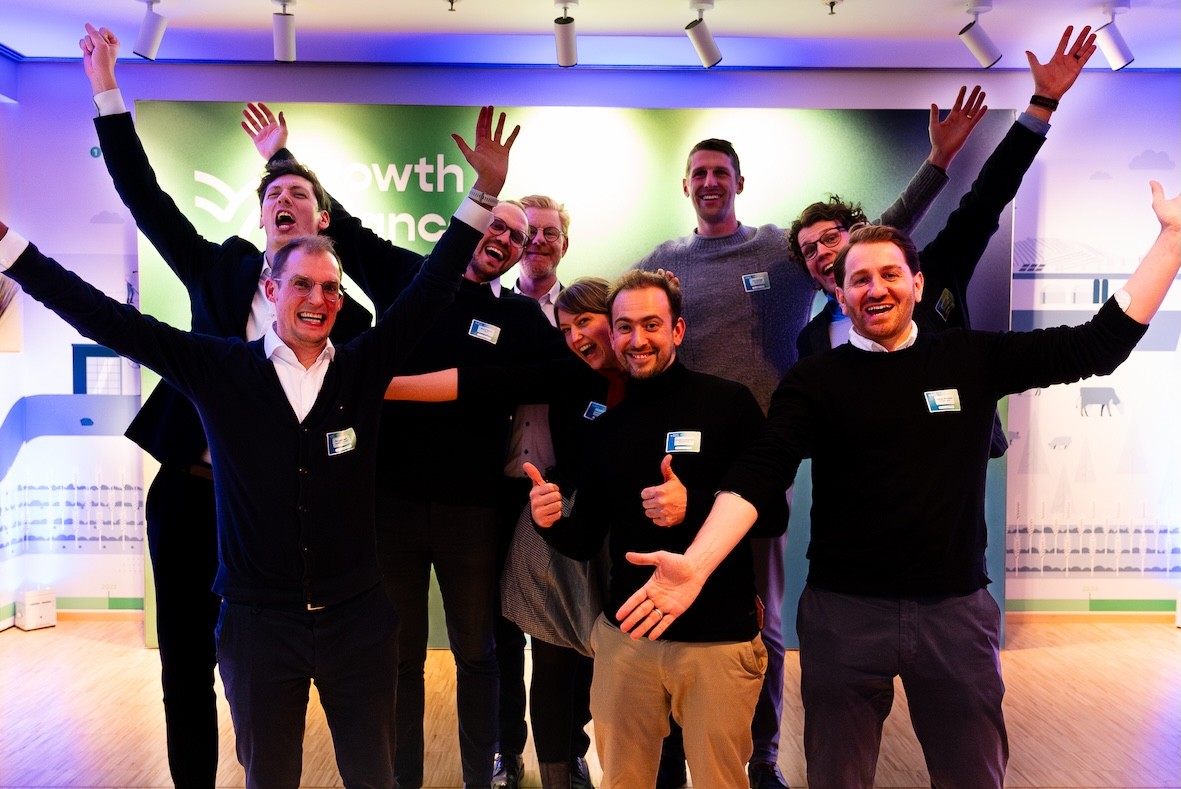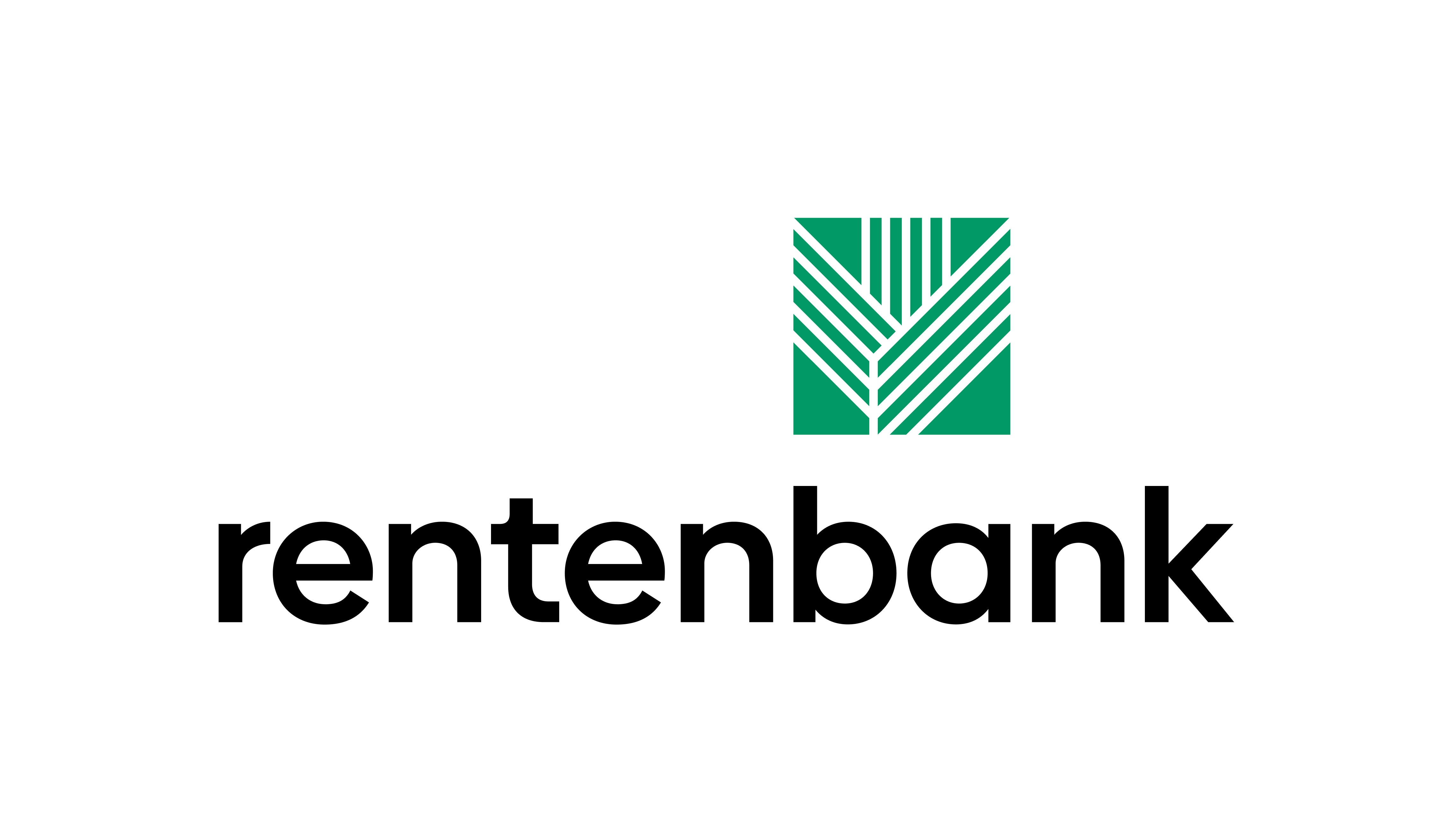
Alternative proteins – and their impact on agriculture
GANS25

DATE
Jul 2, 2025
AUTHOR
My-Linh Pham
CATEGORY
News
In recent years, Germany has become a recognized leader within Europe in the alternative protein sector, receiving over €54 million in alternative protein research funding between 2020 and 2024.
Meat-free alternative products are now indispensable in German supermarkets. Their production requires so-called "inputs" as a basis for, e.g., fermentation processes, for plant-based meat alternatives, or for cultivated meat. These can be sugars, starches, agricultural waste, biomass, or even by-products from the food industry. The resulting products naturally offer an alternative to animal protein – with potential impacts for livestock farming and rural structures shaped by animal husbandry.
Attendees of this year’s Growth Alliance Networking Summit 2025, short GANS25, dove into this exciting and important focus topic with two core themes that emerged in the event moderated by top agrar editor Eva Piepenbrock:
To what extent is the production of inputs for the manufacture of alternative proteins relevant for German agriculture?
And does the production of alternative proteins possibly pose a danger to rural structures?
For those who could not attend GANS25, here are overviews of discussions hosted on stage.
Keynote: Ivo Rzegotta, The Good Food Institute, on opportunities for agriculture
The topic was introduced by keynote speaker Ivo Rzegotta from The Good Food Institute, a non-profit global NGO. His experiences show that the topic of "Alternative Protein" is gaining more and more attention. His concluding statement: "There is still no evidence of what the impact of alternative protein on agriculture looks like; we are just at the beginning." He prefers to speak of "opportunities for agriculture".
According to Rzegotta, alternative proteins address issues such as climate change, food security, animal welfare, and health risks like antibiotic resistance or zoonoses. "However, we also see that the discussions have for a long time excluded farmers," he noted. The "fancy startup scene" was always far away from farmers, but that is changing now: companies and startups are opening up for dialogue.
He presented to the audience ways in which farmers can benefit from the protein trend: New markets in crop production through income diversification, the use of agricultural by-products and efficient land use are growing possibilities. The environment also benefits from the crops grown for meat alternatives such as beans, peas, or wheat: Soil health is improved through legumes and more diverse crop rotations increase resilience to diseases and pests. How farmers can also benefit from the so-called "sidestreams", i.e., by-products that are produced, for example through fermentation, remains to be seen and requires further research – the same applies to artificially produced meat.
"We asked ourselves, what do hurdles for farmers look like?" Rzegotta continued and reported conversations with farmers: The demand is too uncertain, as is the potential earnings. The know-how in dealing with these crops also plays a role, and the pressure from cheaper goods produced abroad, for example from China, is high. "Political decision-makers also play a significant role," he added, particularly in building regional value chains.
Next up: Startup Insights with Jonathan Roberz - MicroHarvest
Jonathan Roberz started with a very personal call-to-action for sustainable food systems: "I want my children to enjoy a blue planet just like I have." This was the reason, he founded his company, Microharvest, with the knowledge that animal proteins are responsible for a large part of the greenhouse gases produced by the food sector. "We founded MicroHarvest and built the fastest protein production system," he proudly said.
By utilizing by-products from agriculture and microorganisms, high-quality protein is produced in a powder form. "Smaller, better, faster" is the company’s motto: A reduced environmental impact, better ingredients, and faster production. "Flavor will play a very important role in the future." MicroHarvest can currently produce one ton of proteins per day – which corresponds to 3,000 chickens, according to Roberz. "We already have an impact, but the next step is to expand our production to a much larger scale."
Panel discussion
Following the keynotes was a panel talk discussion about alternative proteins which was moderated by Fabio Ziemssen, partner at ZINTINUS and vice chairman of the board of the Association for Alternative Protein Sources e.V. BalPro. Among the panelists were
Jonathan Roberz from MicroHarvest
Albert Hortmann-Scholten from the Agriculture Chamber of Lower Saxony,
Dr. Alexandra Molitor from KWS SAAT, and
Clément Tischer from the REWE Group.
According to Ziemssen, engaging in dialogue is very important to continue the development of alternative proteins.
Clear positions from the participants
Ziemssen asked the discussion participants for their opinions on how sustainable development in the field of alternative proteins can take place. Albert Hortmann-Scholten brought a wealth of practical experience and an economic perspective to the topic. Lower Saxony produces almost 25% of German dairy and meat products, as well as 30% of the pork, he stated. "What should I recommend to my farmers? What should they produce in the future?" he asked the group. Over 20 different crops are bred by KWS, reports Dr. Alexandra Molitor, including peas. "But we can do much more," she clarified. Even in the case of protein crops, it is about breeding new varieties adapted to market challenges. Roberz emphasized the big picture. "We need to grow more crops; plants produce by-products from which we must also obtain products," he explained, "We need farmers, and we need new technologies." Tischer on the retail side observes the development of many interesting technologies or products and wants to make them accessible to the end consumer. "We do not want to discriminate against anything, be it alternative protein or animal protein," he made clear. A sustainable system is needed for both, according to his position.
The farmers' perspective
"I think farmers are open and always looking for new economic opportunities, especially since the economic situation has not been good for the last ten years," said Hortmann-Scholten from his daily work. "We lose five percent of farms each year, especially in the livestock sector. Many of our young farmers have studied agricultural sciences and are looking for opportunities." He sees the biggest hurdle for farmers who want to enter the alternative proteins market in the low profits. He was supported by Molitor, who pointed out that farmers ultimately need to make money. Protein crops are also more challenging to cultivate. Thus, KWS also only invests in crops that are in demand. "I need someone to make something out of it, who says: 'Yes, we want peas, we will make a great product out of it.'" Only then can the appropriate raw material be provided and cultivated.
What do customers like?
"In the end, the consumer decides." Tischer is confident about the future of alternative protein products – regardless of what they are made of. "If the product is good and convincing, it will establish itself in the market." He called for not forgetting the consumer perspective. Roberz also pays attention to the right ingredients and taste – a product with too many ingredients that might look like meat but does not taste like it would, of course, not be accepted.
Utilizing synergies – even for hybrid products
Molitor brought up the concept of synergies – why not develop hybrid products made from meat and alternative protein to reduce the CO2 footprint? "I don't believe there is one solution. But we could combine things that don’t seem to fit together at first glance," she explained. The next problem with mixed products, however, is the labeling, Roberz noted. The political level would also need to support this path and make it possible. And would customers accept this product? "One would have to find good timing to introduce hybrid products," Tischer explained. He reported on a test where customer acceptance was not good. Convincing them and correctly positioning the products is not easy and requires further discussion.
Last question: What is needed for the future of alternative proteins?
Regulatory hurdles must be cleared, Tischer reiterated. "We would love to bring the products to the end customer, but for that, we need to clear these hurdles." Roberz sees the market for European proteins as a great opportunity for Europe, as the Americans are four years behind here. "We have the chance to initiate change now," he emphasized. "We also need to think about the end customer and their needs and provide the right products," Molitor concluded on the last question of the round. For this, all parties must work together. Albert Hortmann-Scholten wishes for more education and information – also on the side of farmers. "The economy will then make the rules."
Links to the keynotes:
Here is the exciting keynote by Ivo Rzegotta from The Good Food Institute on opportunities for agriculture in the area of alternative proteins:
Jonathan Roberz provided an exciting insight into his startup MicroHarvest.
The participants of our panel talk discussed politics, synergies, and regulatory hurdles in the area of alternative proteins, which can be watched here:
More articles

Press
10 Innovative Start-ups treiben die AgriFood-Branche voran
Jan 29, 2026

News
Das war das Idea Camp 2025!
Sep 25, 2025

News
Innovation for agriculture and food economy
Sep 11, 2025

News
Water Worries - Where are we headed?
Aug 4, 2025

Press
Innovation meets network - GANS25
May 13, 2025

Press
The Growth Alliance Networking Summit 2025 is moving to the next round
Apr 16, 2025

News
Preserving the wealth of plants and animals with innovative ideas
Apr 8, 2025

News
Why founders should embrace circular thinking
Mar 5, 2025

News
How plant-based proteins are revolutionizing nutrition
Oct 24, 2024

Press
Successful Growth Alliance Networking Summit - GANS24
Jun 24, 2024

Press
AgriFood startups take off
Feb 1, 2024




